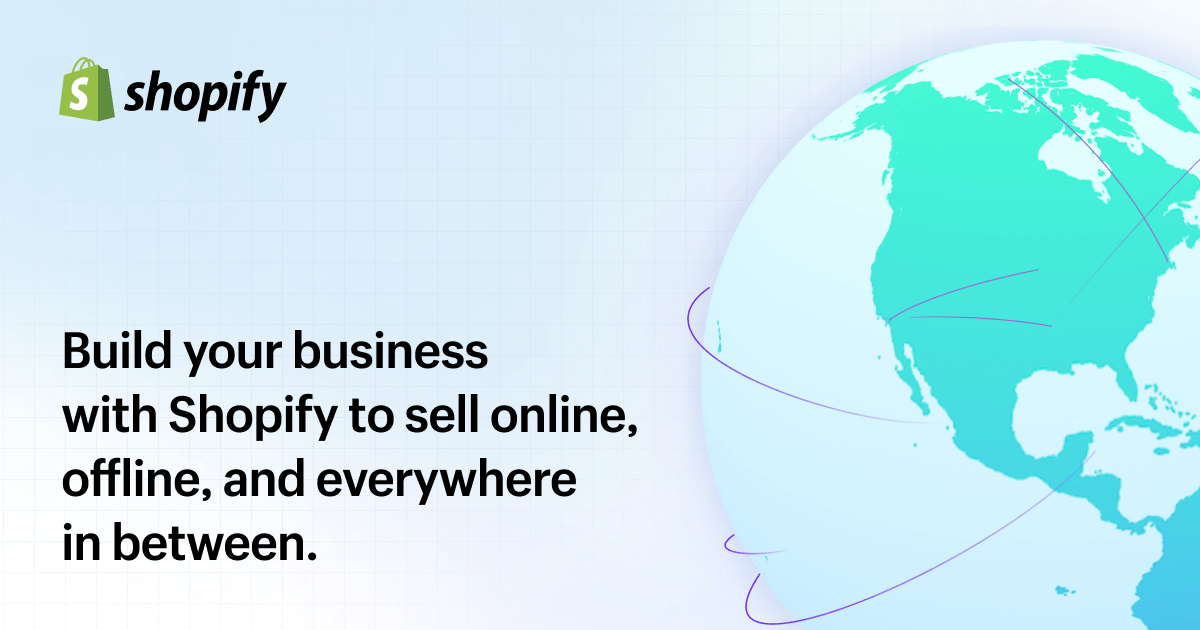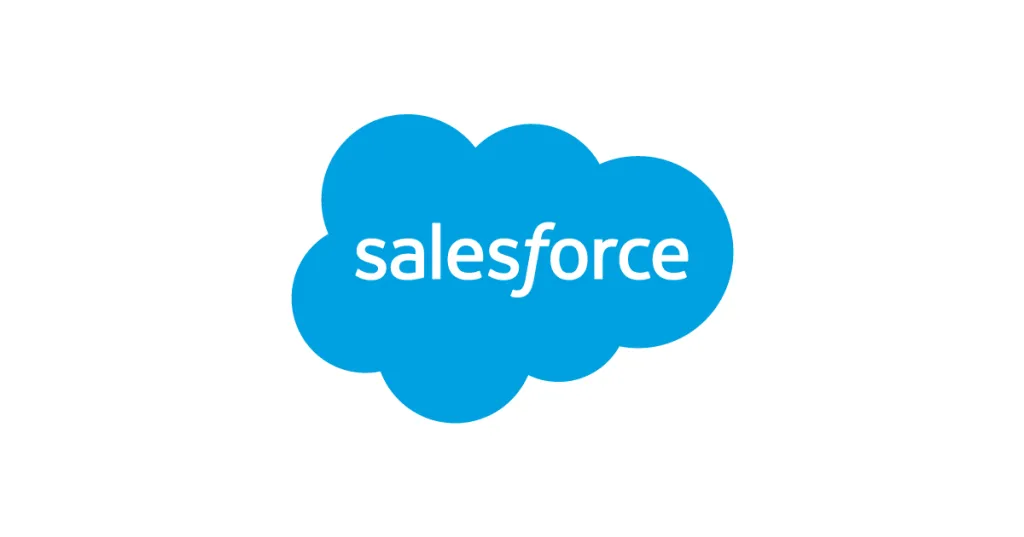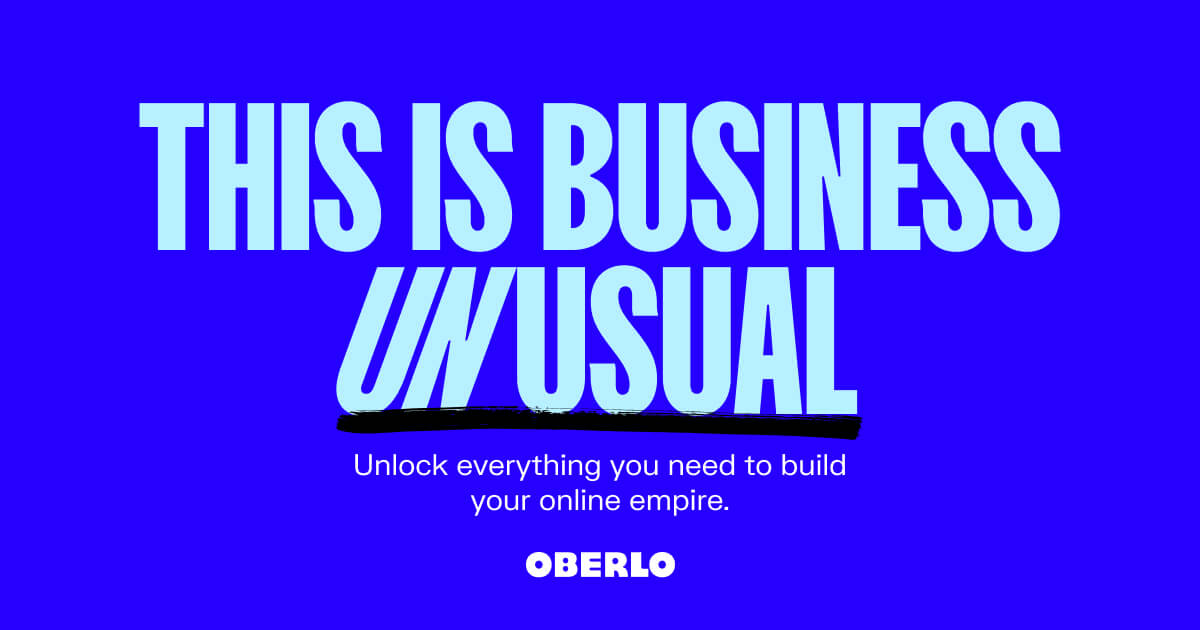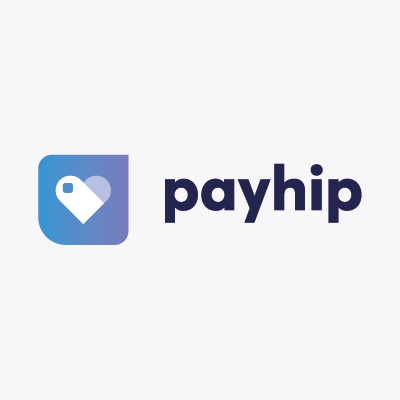Introduction
Building an online store is easier than ever, but with so many ecommerce platform options on the market, choosing the right one can feel overwhelming. In this post, we evaluate and rank 15 of the most popular platforms based on key considerations for ecommerce business owners like features, ease of use, pricing, support and customer satisfaction. Our aim is to simplify your selection process and highlight the top platforms suitable for different business types and budget levels.
Methods of Evaluation
To rank the platforms, we considered several key factors – functionality and features, ease of use, pricing and plans, security, customer support, developer support and community, mobile experience, SEO friendliness, and customer satisfaction based on user reviews and surveys. We also examined metrics like the number of backlinks, average monthly search volume for the keyword phrases, and Alexa traffic ranks to understand the online popularity and reputation of each vendor. This helped us determine the best options overall as well as the ideal fits for specific store needs.
1. Adobe Commerce
Adobe Commerce, previously known as Magento Open Source, is an open-source ecommerce platform developed by Adobe. As one of the most popular ecommerce platforms, Adobe Commerce gives merchants a fully-featured solution to build engaging online stores. Some key facts about Adobe Commerce include that it powers over 250,000 online stores globally and its merchant base continues to grow every year.
Pros: Some key advantages of Adobe Commerce include:
– Ultra customizable platform that can be easily tailored to various store needs
– Extremely scalable architecture that allows stores to handle large volumes of traffic and sales
– Advanced personalization features for personalized shopping experiences
– Tightly integrated with the full Adobe Experience Cloud for streamlined digital experiences
Cons: One potential disadvantage is that as a more full-featured ecommerce platform, Adobe Commerce requires more technical expertise and developer resources to setup and maintain compared to simpler solutions.
Pricing: Adobe Commerce has several pricing plans including self-hosted and Adobe Commerce Cloud plans. Pricing starts at $150 per month for the basic Adobe Commerce Cloud plan for up to 25k annual revenue.
Some key stats about Adobe Commerce include:
– Powers over 250,000 online stores globally
– Available in over 50+ languages and currencies
– robust catalog management capabilities with robust product information management
– Advanced personalization features including recommendation engines, predictive search, and targeted promotions
2. Yahoo Stores
Yahoo Stores is an ecommerce platform launched by Yahoo to power online stores for existing Yahoo brands and retailers. As one of the earliest web platforms, Yahoo Stores continues to evolve with modern shopping features and integrations.
Pros: Some key advantages of Yahoo Stores include being competitively priced for established Yahoo brands and retailers, offering strong analytics and reporting on store and campaign performance, and integrated promotions, reviews and syndication capabilities across Yahoo properties.
Cons: As an older platform, the interface and features of Yahoo Stores may not be as modern or customizable as newer headless commerce solutions. There is also less flexibility to build custom storefronts compared to specialist ecommerce platforms.
Pricing: Yahoo Stores pricing starts at $99/month for the Basic plan which offers a single online store with limited products and sales. Additional premium plans with expanded features and store capacity are priced upwards of $249/month.
Some key stats about Yahoo Stores include over 20 years in the ecommerce industry, powering thousands of online stores globally with annual sales in the billions of dollars. Stores are backed by Yahoo’s consumer data and integrated promotions across Yahoo sites.
3. Shopify
Shopify is one of the most popular ecommerce platforms for building an online store. Founded in 2004, Shopify provides merchants with a complete commerce solution including hosting, payments, marketing and customer engagement tools.
Pros: Some key advantages of Shopify include:
– Intuitive and easy to use interface for building and managing a store
– Large app ecosystem with over 5,000 apps for extending functionality
– Powerful marketing and sales tools like emails, discounts and reports
– Integrated payments solution so merchants don’t need a separate provider
– Robust analytics dashboard for insights into traffic and sales
Cons: One potential disadvantage is that the monthly and transaction fees may be higher than some competitors for larger stores with higher sales volumes.
Pricing: Shopify offers several pricing plans starting from $29/month for the Basic Shopify plan up to $299/month for the Advanced plan. Transaction fees of 2.9% + $0.30 also apply on all sales processed through Shopify Payments.
Some key stats about Shopify include:
– Over 1 million merchants in over 175 countries use Shopify
– Processed over $175 billion in sales for merchants in 2021
– Over 5,000 apps available in the Shopify app store
4. Wix Stores
Wix is a leading DIY web development platform that allows users to build and manage a professional website or online store without any coding experience. With hundreds of customizable, mobile-optimized templates to choose from and an intuitive drag-and-drop interface, creating a fully-featured website has never been easier.
Pros: Some key advantages of using Wix include:
– All-in-one solution for building a website and online store
– Over 100 professionally designed, mobile-optimized templates to choose from
– Built-in payments and invoicing for easy checkout and sales
– Intuitive drag-and-drop editor makes customization simple
– Robust SEO features and analytics help businesses reach more customers
Cons: One potential disadvantage is that customization options may be more limited compared to other platforms since Wix aims to be easy to use for non-developers. Advanced developers may prefer a self-hosted solution with more flexibility.
Pricing: Wix offers several pricing tiers starting from a free Basic plan that includes basic features. Premium monthly plans start at $13/month and include advanced design options and unlimited bandwidth. Wix also offers unlimited eCommerce and Facebook Live capabilities with its unlimited Business VIP plan for $25/month.
Some key stats about Wix include:
– Over 200 million users worldwide
– Used by over 10% of small businesses globally
– Over 500,000 new websites created on Wix every month
5. Squarespace
Squarespace is a popular all-in-one website builder and hosting platform. Since 2004, Squarespace has helped millions of users create professional and beautiful websites without any coding knowledge.
Pros: Some key advantages of using Squarespace include:
– Beautiful templates for creating slick online stores right out of the box
– Strong emphasis on visual design and customization capabilities
– Intuitive interface makes it easy to manage pages, content, products, and more
– Mobile-friendly templates are optimized for smartphones and tablets
Cons: The main disadvantage is that Squarespace plans can get quite pricey compared to other website building platforms. Advanced customization may also require coding knowledge or paid extensions.
Pricing: Squarespace offers various pricing tiers starting from a Basic Personal plan for $12/month up to an Advanced Business plan for $30/month. As needs grow, users can upgrade to Commerce plans optimized for selling products online.
Some key stats about Squarespace include:
– Over 7 million websites created on the platform
– Named a leader in the Forrester Wave for Web Content Management Systems
– Hosts a massive library of beautiful site templates for various needs like blogs, portfolios, and online stores
6. Salesforce Commerce Cloud
Salesforce Commerce Cloud, previously known as Demandware, is an enterprise-level ecommerce platform developed by Salesforce. It provides merchants with an end-to-end ecommerce solution to power online stores, mobile applications, call centers and more.
Pros: Some key advantages of Salesforce Commerce Cloud include: – Powerful customization capabilities through use of proprietary JavaScript framework – Omnichannel fulfillment features that allow seamless order management across channels – Strong enterprise-level support and advice from Salesforce experts – Integrates tightly with Salesforce CRM for access to unified customer profiles
Cons: A potential disadvantage is the higher costs associated with an enterprise-level ecommerce platform compared to other less robust options. Implementation and maintenance usually require dedicated development resources.
Pricing: Salesforce Commerce Cloud pricing is custom-quoted based on several factors including anticipated sales volume, number of users/stores, and level of customization required. It typically requires an annual SaaS subscription with additional fees for implementation services and premium support.
Some key stats about Salesforce Commerce Cloud include: – Over 300 enterprise clients including Guess, Tiffany & Co., Under Armour, Stanley, Ralph Lauren – Supports over $100 billion in annual commerce volume – Ranked in the top 4 of all commerce platforms according to Gartner Magic Quadrant reports
7. WooCommerce
WooCommerce is an open-source ecommerce platform built on WordPress. Used by over 4 million online stores worldwide, WooCommerce gives merchants the freedom and flexibility to sell anything, anywhere. Some key facts about WooCommerce include that it is completely free, has a thriving developer community, and integrates seamlessly with WordPress.
Pros: Some key advantages of using WooCommerce include:
– Free and open-source
– Best ecommerce platform for existing WordPress sites
– Large selection of customizable themes and plugins available
– Seamless integration with WordPress
Cons: One potential disadvantage is that as an open-source platform, it lacks some out-of-the-box features found in paid platforms. However, many extensions exist to add additional functionality.
Pricing: WooCommerce is completely free and open source. However, there are paid WooCommerce plans available that provide ecommerce focused support directly from WooCommerce as well as access to premium extensions and themes.
Some key stats about WooCommerce include:
– Used by over 4 million online stores globally
– Supported by a large community of plugins and themes in the WordPress ecosystem
– Has a large developer community creating new plugins, themes, and extensions weekly
8. Big Cartel
Big Cartel is an ecommerce platform designed for artists, makers, and small businesses. Founded in 2009, Big Cartel allows users to easily build and design an online storefront to sell their products. The platform focuses on providing simple yet functional store tools perfect for lifestyle brands, indie designers, musicians, and other creative entrepreneurs.
Pros: Key advantages of Big Cartel include:
– Simple and intuitive drag-and-drop interface for easy store customization
– Built-in themes and templates tailored for creative businesses
– Robust community features like forums and showrooms
– Mobile optimized for seamless shopping on all devices
– No transaction or monthly fees, only a 5% payment processing fee
Cons: The main disadvantage is limited ecommerce functionality compared to more full-featured platforms. Things like inventory management, reporting, and multi-channel selling are not as robust on Big Cartel.
Pricing: Big Cartel offers three paid plans in addition to a free Basic plan:
– Professional: $9/month – Adds custom domains, unlimited products/photos, and weekly backups
– Business: $18/month – Includes all Professional features plus abandoned cart recovery and sales reports
– Enterprise: Custom quote – For storefronts with extra needs
Some key stats about Big Cartel include:
– Over 200,000 active stores globally
– Supported in over 120 countries
– Average order value is $35
– Integrations with popular tools like Shopify, Etsy, and Instagram
9. PrestaShop
PrestaShop is an open-source ecommerce platform built for sellers of all sizes. Since its inception in 2005, PrestaShop has grown to become one of the most popular ecommerce solutions in the world with over 300,000 shops powered by its software. The platform is fully customizable and easily allows merchants to build beautifully designed online stores to effectively sell their products.
Pros: Key advantages of using PrestaShop include:
– Fully customizable open-source CMS
– Wide range of extensions available to add new features
– Easy to internationalize the store and accept payments from different countries
– Free community and premium support available
Cons: One potential disadvantage is that being an open-source solution, security updates and fixes may not be as quick as commercial platforms.
Pricing: PrestaShop offers flexible pricing models. The open-source version can be self-hosted for free. Alternatively, monthly SaaS subscriptions starting from $29/month for PrestaShop’s Hosted plan are available with additional features and support included.
Some key stats about PrestaShop include:
– Over 300,000 online shops powered globally
– Translated into 60+ languages
– Widely used open-source solution
– Available on a one-time license or SaaS subscription model
10. Commerce.js
Commerce.js is an open-source headless commerce framework that allows merchants to build flexible digital experiences like online stores, marketplaces, and custom applications. As a progressive web framework, Commerce.js is lightweight, performant, and built with developer productivity in mind.
Pros: Some key advantages of using Commerce.js include:
– Open source and customizable – Merchants can customize the front-end and integrate their own systems.
– Extensible through plugins – A rich ecosystem of plugins exists to add features like payments, inventory, and more.
– Headless architecture – The admin and storefronts can be managed separately for flexibility.
Cons: The main disadvantage is that as an open source project, it does not have the same commercial support as paid ecommerce platforms. Merchants may need to rely on the community for help.
Pricing: Commerce.js is fully open source and free to use. However, for production deployments and additional services, companies offer paid tiers and plans including:
– Server hosting and managed services through companies like Segment and VTEX
– Support contracts and professional services
Some key facts about Commerce.js include:
– Used by over 5,000 merchants including brands like Microsoft and Dyson
– Open-sourced under the MIT license
– Built on React, supported by a large ecosystem of plugins and integrations
JS.ORGDedicated to JavaScript and its awesome community since 2015js.org
11. BigCommerce
BigCommerce is one of the most popular ecommerce platforms for established and growing businesses. Founded in 2009, BigCommerce has powered over 60,000 online stores in over 120 countries. The platform enables merchants to build beautiful, high-converting online stores without compromising scalability and flexibility.
Pros: Some key advantages of BigCommerce include:
– Easy to use drag-and-drop front-end builder for designing stores
– Excellent responsive templates for optimizing the mobile shopping experience
– Strong built-in marketing and sales tools for campaigns, discounts, and order management
– Great option for small and medium sized businesses looking for an all-in-one solution
Cons: While BigCommerce is feature-rich for many merchants, one potential disadvantage is limitations for very large enterprise businesses that may outgrow its capabilities. Additionally, some advanced customizations require hiring a developer or agency.
Pricing: BigCommerce offers several paid plans ranging from $29.95 to $299.95 per month based on store traffic and features needed. Premium packages include additional support, discounts, and special integrations.
Some key stats about BigCommerce include:
– Supports over 60,000 online stores globally
– Facilitated over $30 billion in online sales
– Integrates with over 100+ payment gateways, shipping carriers, and other apps
– Ranks as a leader in G2’s ecommerce platform index
12. Oberlo
Oberlo is one of the leading all-in-one ecommerce solutions for dropshipping. Founded in 2013, Oberlo helps online sellers build and manage dropshipping stores without having to keep physical inventory. With Oberlo, sellers can import products from AliExpress and other suppliers directly into their online stores with just a few clicks. This allows them to launch an online business selling a wide range of products without any upfront costs for inventory.
Pros: Some of the key advantages of using Oberlo include:
– Hassle-free import of products from suppliers like AliExpress
– Easy to launch an online store quickly without inventory costs
– Integrates well with leading ecommerce platforms like Shopify
– Large product catalogue from various suppliers to choose from
Cons: One potential disadvantage is that dropshipping businesses using Oberlo have less control over order fulfillment times since products are shipped directly from suppliers to customers.
Pricing: Oberlo has three pricing tiers – Basic ($15/month), Growth ($35/month) and Elite ($99/month). The Basic plan is sufficient for starters to test the waters. Higher priced plans offer more product imports, sales reports and support.
Some key stats about Oberlo include:
– Used by over 500,000 online sellers worldwide
– Imports products from 40+ suppliers including AliExpress, Amazon, and eBay
– Integrates with all major ecommerce platforms like Shopify, WooCommerce, BigCommerce etc.
13. Magento
Magento, formerly known as Open Source Magento, is an open-source e-commerce platform built on technology like PHP and Zend Framework. It was acquired by Adobe in 2018 and is now called Adobe Commerce. Magento provides merchants with a flexible and scalable platform to build sophisticated B2B and B2C online stores.
Pros: Some key advantages of Magento include:
– Highly customizable and flexible – Merchants can customize almost every aspect of their store through extensions and code modifications.
– Large store capabilities – Ideal for complex stores with many products, attributes, tax rules etc.
– Scalability – Can handle large volumes of traffic and sales with performance optimization features.
Cons: One potential disadvantage of Magento is that it requires more technical skills and development resources to customize and maintain compared to other e-commerce platforms due to its open-source nature.
Pricing: Magento offers different pricing plans depending on business needs. Basic plans start from around $2,500 per year. It also offers enterprise-level plans and services for larger businesses.
Some key stats about Magento include:
– Used by over 250,000 online merchants worldwide
– Supports multiple brands, stores and catalogs in a single instance
– Over 230,000 community members and developers in its ecosystem
– Integrates with over 250 payment gateways and shipping carriers
14. Ecwid
Ecwid is a leading ecommerce platform that allows businesses to easily sell online. Founded in 2009 and based in San Francisco, Ecwid’s mission is to empower entrepreneurs and small businesses to start, run and grow successful online stores. With Ecwid, sellers can create a professional online storefront in just minutes without any technical skills or coding required. Over 110,000 merchants in more than 175 countries use Ecwid to power their online sales.
Pros: Some key advantages of using Ecwid include:
– Free basic plan with all core ecommerce features
– Easy drag-and-drop website builder for creating online storefronts
– Great option for adding an online store to an existing website quickly
– Extremely fast checkout process for improved conversions
Cons: One potential disadvantage is that while the free basic plan is very robust, more advanced features require an upgrade to a paid plan.
Pricing: Ecwid offers 4 different pricing plans:
– Free plan – Supports basic ecommerce capabilities. No transaction or sales volume limits.
– Unlimited – $29.95/month – Removes product and transaction limits. Adds inventory management, reports etc.
– Professional – $79.95/month – Advanced features like gift cards, loyalty programs etc.
– Custom – Pricing customized based on needs – Highest tier with enterprise features.
Some key stats about Ecwid include:
– Over 110,000 merchants worldwide
– Supported in 175+ countries
– Translated into 40+ languages
– Integrations with top platforms like Shopify, WooCommerce, Magento and more
– Secured funding of over $110 million
15. Payhip
Payhip is a digital commerce platform that allows creators and entrepreneurs to sell digital downloads, courses and memberships directly from their website. Founded in 2011, Payhip has grown to serve over 100,000 active merchants globally.
Pros: Some key advantages of using Payhip include:
– Simple and affordable pricing plans with no commission fees.
– White label storefronts and custom branding options.
– Integrated digital delivery and order management for downloads.
– Robust payment processing for one-time purchases and memberships.
Cons: One potential disadvantage is that Payhip storefronts lack some advanced ecommerce features like product variants, shipping options, and inventory management. It’s best suited for digital-only commerce.
Pricing: Payhip offers three pricing tiers:
– Basic Plan: 3% transaction fee, $10/month. Suitable for low volume sellers.
– Pro Plan: 2% transaction fee, $30/month. Adds sales reports and refunds.
– Business Plan: 1.5% transaction fee, $100/month. For high sales volume merchants.
Some key stats about Payhip include:
– Processed over $200 million in sales for merchants on the platform.
– Supported over 50 million downloads and transactions.
– Can integrate directly with any website or blog using a few lines of code.
Conclusion
Whether you are launching a new online business or upgrading an existing store, we hope this evaluation of the top 15 ecommerce platforms provides you clarity in choosing the right solution. Consider factors like your budget, technical skills, product type, customization needs and growth goals to narrow down the best options. Don’t hesitate to test multiple platforms either through free trials to feel out their interfaces and confirms the right fit before making your selection.

















